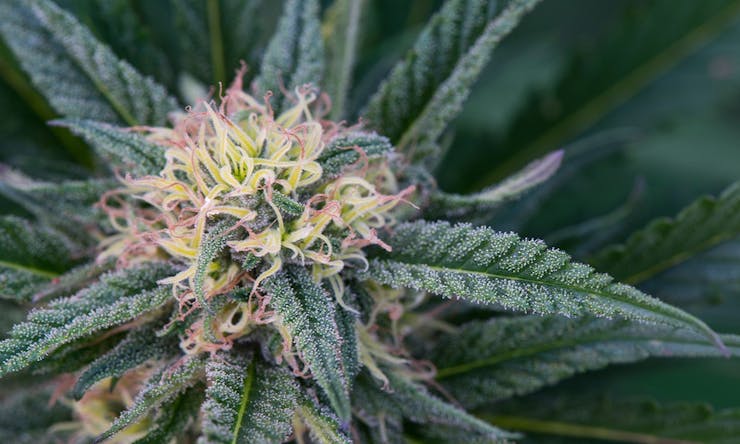The dominoes are starting to fall, and how swiftly do they tumble. Massachusetts, which legalized medical marijuana in 2012, is currently working on a campaign that could legalize recreational cannabis in 2016, making them the fifth state to do so (sixth if you count Washington, D.C.).
On Monday, the Campaign to Regulate Marijuana Like Alcohol announced it collected over 100,000 signatures supporting its ballot initiative. Once the signatures, of which 64,750 are required, are tallied and verified, the measure will be submitted to the Massachusetts Legislature, where it may be adopted for the November 2016 ballot or require an additional 10,792 signatures by June 2016.
But is the state ready for full legalization? A Boston Globe poll from last year found that residents were split on the issue, with 48% of voters saying they’d support a legalization initiative and 47% opposing one. Massachusetts has also experienced chronic setbacks in implementing its medical marijuana program, having faced lawsuits and numerous delays before finally opening its first dispensary earlier this year. Although the state currently has four dispensaries in operation, its testing standards are so rigorous that it’s had to waive some of the required tests to get the locations opened since there are no laboratories in Massachusetts that can process them. In fact, the Department of Public Health is proposing changes to Massachusetts’ overly strict testing standards so that more product can be approved and purchased by qualified patients.
Given Massachusetts’ bumpy path to implementing its medical marijuana program, it could be a while before the state debuts a recreational market even if voters were to pass the initiative next fall. Still, if passed, the initiative would allow adults who are at least 21 years old to possess up to one ounce of cannabis and grow a limited number of plants; establish a regulated system of licensed retail locations, cultivation centers, product manufacturers, and testing facilities; grant local governments the authority to regulate and limit the number of establishments in their city or town; and establish a 3.75% state excise tax on retail cannabis sales (on top of state sales tax) while allowing local governments to implement an additional local sales tax of up to 2%.
Does the Bay State have what it takes to join the elite group of legal states? 2016 can’t come soon enough!




